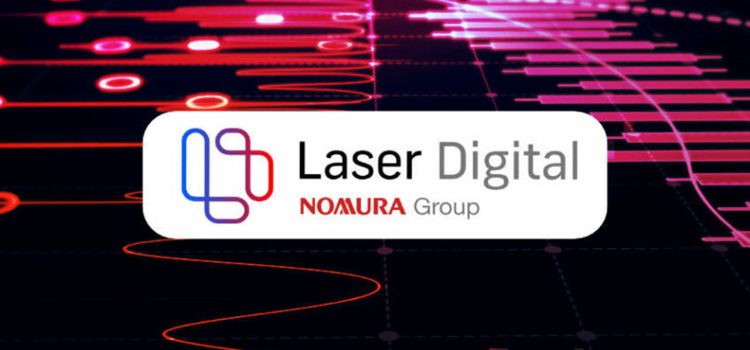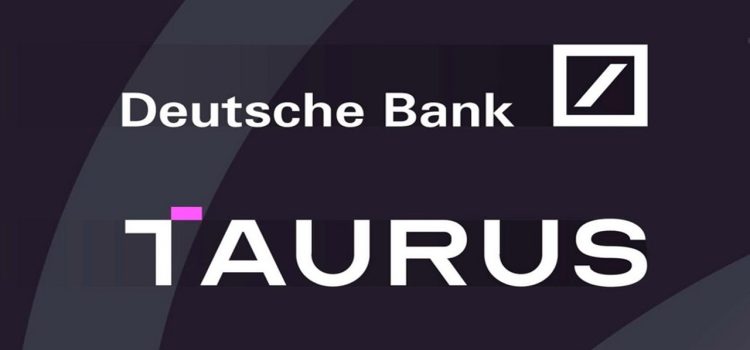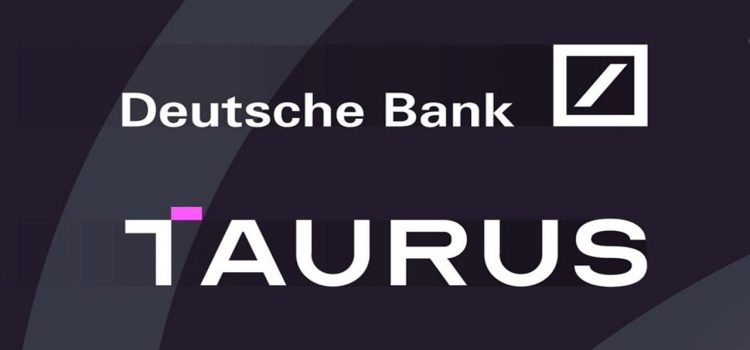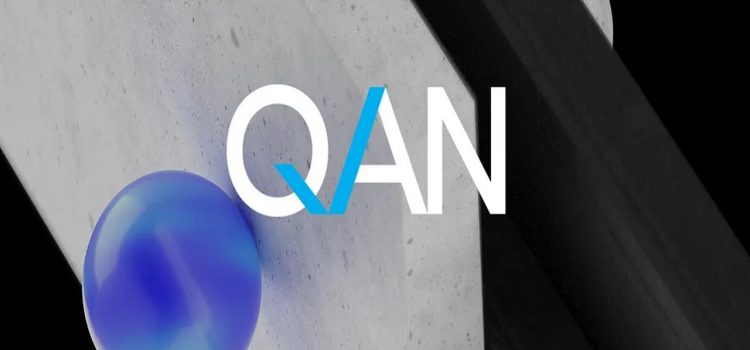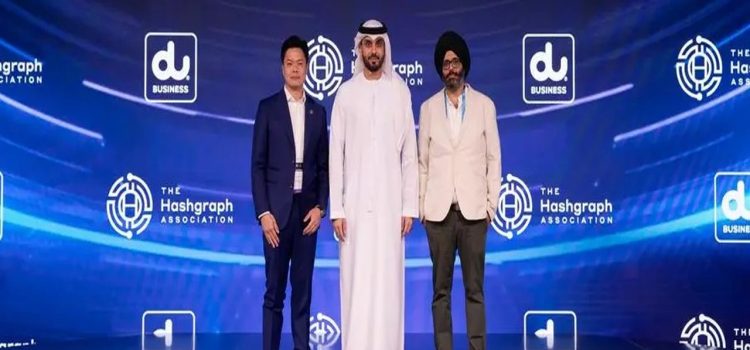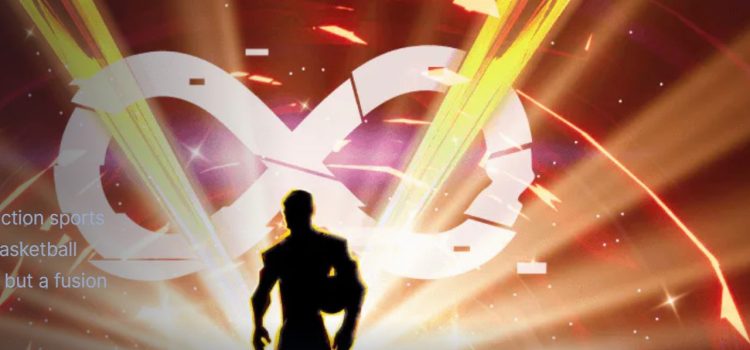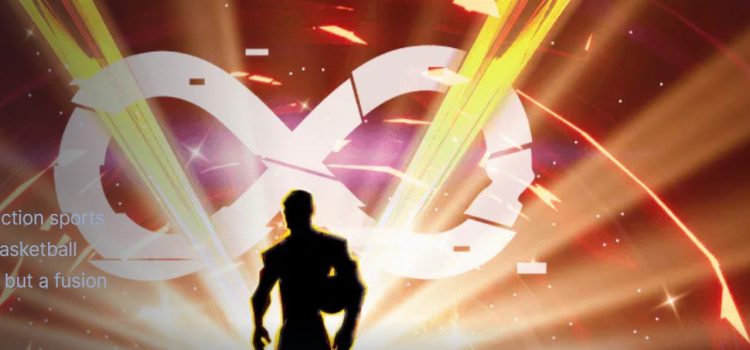Web3 gaming startup GAM3S.GG.based out of Abu Dhabi UAE has just raised $2 million in seed funding led by investment firm Mechanism Capital and other angel investors including Polygon, Double Peak, ArkStream Capital, LD Capital, ROK Capital, Hyperithm, Snackclub, Emurgo Ventures, Eden Ventures and Mix Marvel Ventures.
Formerly known as Polkastarter Gaming, GAM3S.GG, offers curated Web3 gaming content, with 200 listed games across 15 chains and over 60,000 registered gamers.
Omar Ghanem, Co-Founder and Chief Executive officer of Gam3S.GG states, “The gaming industry is at a crossroads while Web3 offers new exciting possibilities, the lack of quality content and a singular destination for all your Web3 gaming needs has left many gamers lost.”
GAM3S.GG said it is building the hub to enable newcomers and professional gamers to explore new frontiers and experiences within one single Web3 gaming superapp. The startup is also a member of AD Gaming, the entity responsible for developing the gaming and e-sports industry in Abu Dhabi.
Abu Dhabi Gaming (AD Gaming), is supported by Unity Technologies, Flash Entertainment, UAE Pro League, Emirates Esports Association and the Media Zone Authority. AD Gaming hopes to provide a support system for game developers, players, consumers, and businesses in Abu Dhabi. The initiative will work to grow regional gaming and esports talent and bring gaming events to Abu Dhabi.
GAM3S.GG intends to build advanced features to eliminate barriers to entry for blockchain games, including social logins, player-owned item management, progression rewards, in-game progress tracking, as well as directly playing Web3 games on the platform.
Prior to this announcement, South Korea’s Blockchain, NFT, metaverse game developer and publisher WeMade signed onboarding agreements with several domestic and international game companies for the blockchain game platform “WEMIX Play.” One of those is a UAE game company, Project Seed, which will be working on a fantasy action role playing game RPG titled Outland Odyssey.
Reports have noted that MENA gaming revenue will hit $6 billion by 2027. Over $3 billion was invested in the industry by Saudi Arabia’s Public Investment Fund (PIF) in 2022, as part of a much larger $38 billion commitment by PIF to be used by its company Savvy Games Group (SGG). Multiple acquisitions in gaming (Embracer Group, Scopely) and esports (ESL, FACEIT, VSPO) have already been executed.
BCG’s latest gaming report titled ‘Game Changer: Accelerating the Media Industry’s Most Dynamic Sector’, highlights that more than 60% of the population in the Middle East are gaming enthusiasts, resulting in one of the highest shares of gaming mobile app downloads (50% compared to the global average of 40%).
A strong indication of Middle East populations towards gaming is strong growth of game streaming at 24.5% CAGR, which is on path to reach approximately 200 million users in 2025, according to Boston Consulting Group’s latest gaming report. The region’s growth is three times faster compared to China, the current leader, at a compound annual growth rate (CAGR) of 24.5% versus 7.6%.
The gaming industry is big business in the Middle East and Africa. Several hundred million gamers live in the region, making up 15% of total gamers globally. In the United Arab Emirates alone, the gaming industry is worth an estimated $288m.
“The metaverse and gaming go hand in hand, with so many new ways of bringing high-quality gaming and esports content to global audiences through metaverse ecosystems,” said James Hartt, director of strategic partnerships at AD Gaming, which is an organization that aims to build a self-sustaining gaming and e-sports ecosystem in Abu Dhabi.
“Abu Dhabi has become a regional hub for Web3 gaming,” Sultan Al Riyami, head of gaming and eSports at AD Gaming, said. The UAE is also investing heavily in gaming. In an interview in June 2023, Anton Vasilenko, co-founder and CEO of True Games stated, “Over the next two years, we’ll be investing significantly in the future development and expansion of eSports lounges in the UAE and across the broader Middle East region. By the end of 2023, we plan to invest $13.5 million into developing our gaming centers in the UAE alone.”










